While the US is looking to reduce inflation, China is facing the opposite problem: deflation.
Prices of goods are listed at a store in New York, the US on January 12, 2023. Photo: THX/TTXVN
The consumer price index (CPI), a key gauge of US inflation, rose 3.2% in July from a year earlier, up from 3% in June and breaking a recent cooling trend. Since the start of 2022, the US Federal Reserve has been rapidly raising interest rates to curb inflation. Last month’s hike pushed US interest rates to their highest level since 2001.
Meanwhile, China's National Bureau of Statistics (NBS) released data showing that the country's consumer price index (CPI) fell for the first time since February 2021 in July, while the producer price index (PPI) continued to decline due to weak purchasing power. China has officially fallen into deflation and the government wants to stimulate domestic consumption.
Deflation may seem like a good thing because, in theory, if prices fall, people will have more purchasing power. But deflation can have negative effects on a country's economy. First, if people believe that things will cost even less next week or next month, they may stop buying products or services, choking off the lifeblood of the economy: consumer spending. If that happens, companies may respond by cutting jobs, cutting wages, or making other adjustments.
Second, deflation is negative news for individuals or businesses that have debt, such as mortgages or other loans. That's because even though prices are falling, the value of the debt doesn't change, which puts pressure on consumers and businesses to cut back on spending to pay it off.
Mr. Nigel Green at deVere Group said on August 9 that inflation in China raises concerns that this situation could spread beyond the country's territory.
Consumers in many countries may be able to buy cheaper imports from China as the country deflates, according to Bloomberg. But many governments will not want cheap Chinese exports to reverse a narrowing trade deficit with Beijing. The European Union’s trade chief said last week that he would press China to accept more European imports.
So even if China's deflation helps consumers in developed countries, it is likely to make politics more messy, Bloomberg argues.
But Paul Cavey at consultancy East Asia Econ said: “In developed countries, cheap consumer goods from China are not as popular as before.”
As for the US, the impact of deflation in China on its inflation is likely to be limited, as the US consumer price index is heavily influenced by the prices of housing, food, energy, and health care and is generally not heavily dependent on Chinese imports.
There are other reasons to expect that China’s deflation will not have a significant impact on U.S. domestic demand, Prasad said. The share of U.S. imports from China has declined in recent years. In addition, Mexico replaced China as the top U.S. trading partner earlier this year, with total bilateral trade between the U.S. and Mexico reaching $263 billion through April.
Beijing and Washington, the world's two largest economies, have long been urged to step up monetary and macroeconomic policy coordination as the global economy risks slipping into recession and debt problems haunt emerging markets.
The differences in inflation and deflation could force the two countries to set different priorities on their agendas as bilateral tensions persist. China has shifted its attention to boosting technological innovation and its domestic economic recovery, which has been uneven as manufacturing and private businesses have lagged. The People’s Bank of China has kept market liquidity ample and has been reluctant to cut policy rates.
On the US side, the Fed is still actively trying to reduce inflation to its 2% target and its decisions continue to test domestic banks as well as emerging markets.
Compiled by NGUYEN TAN
Source link





















































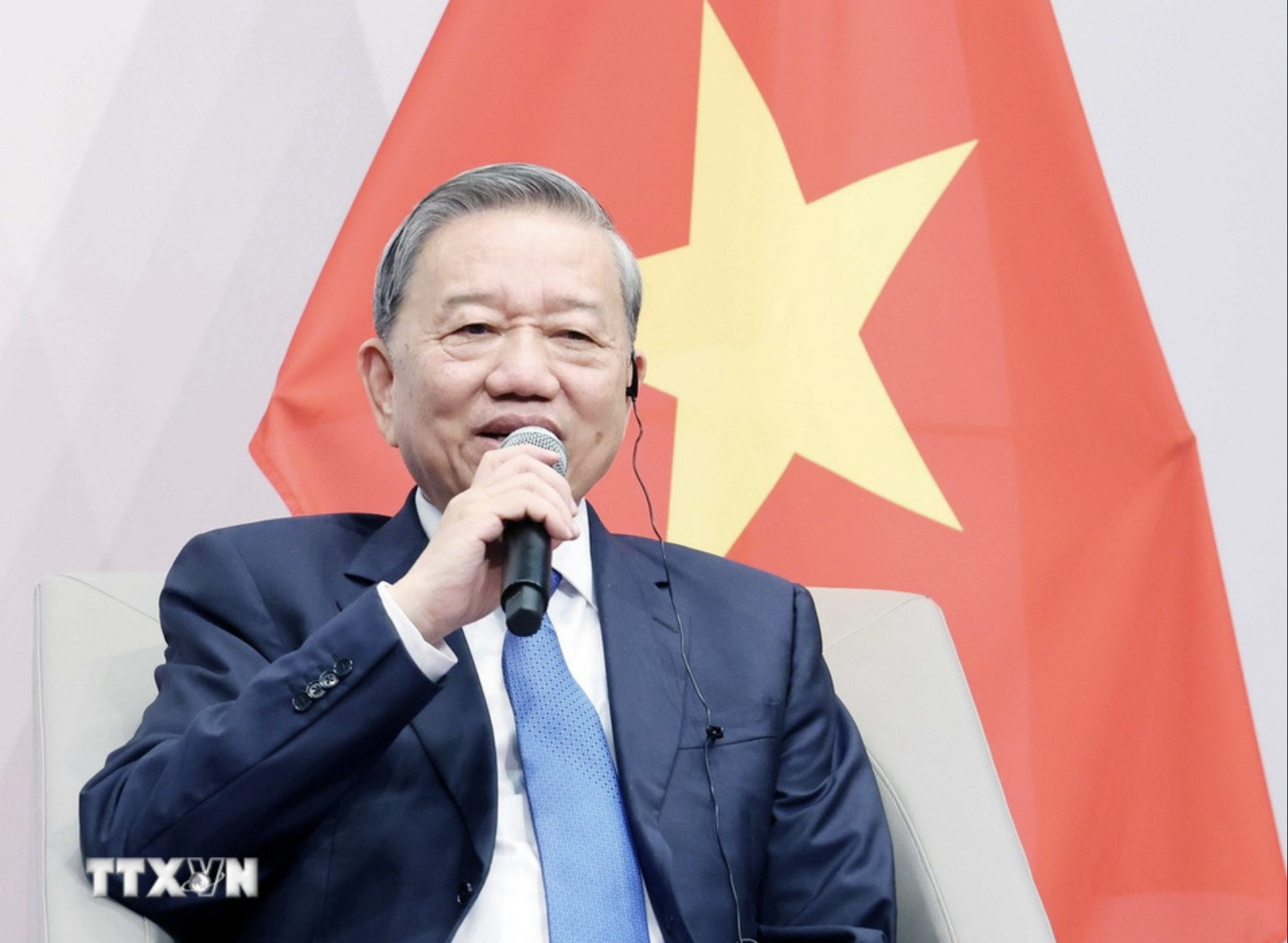










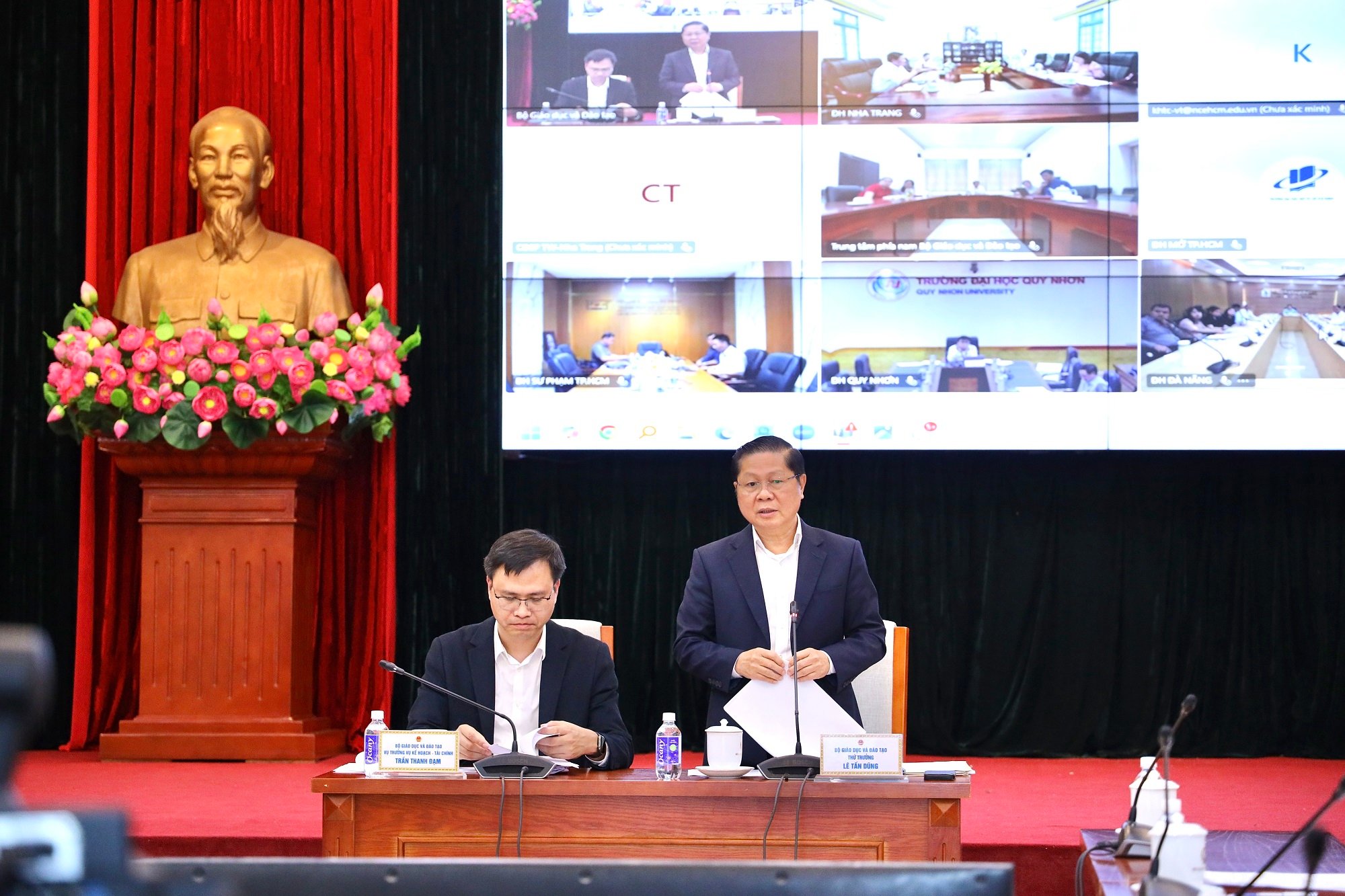






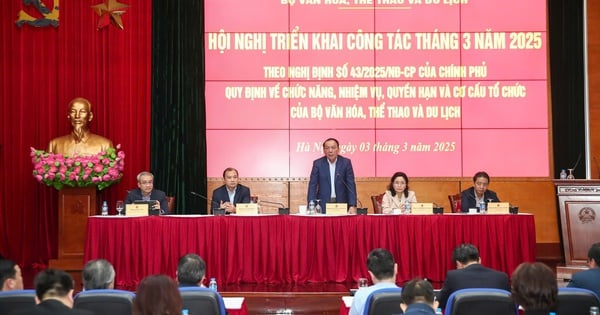













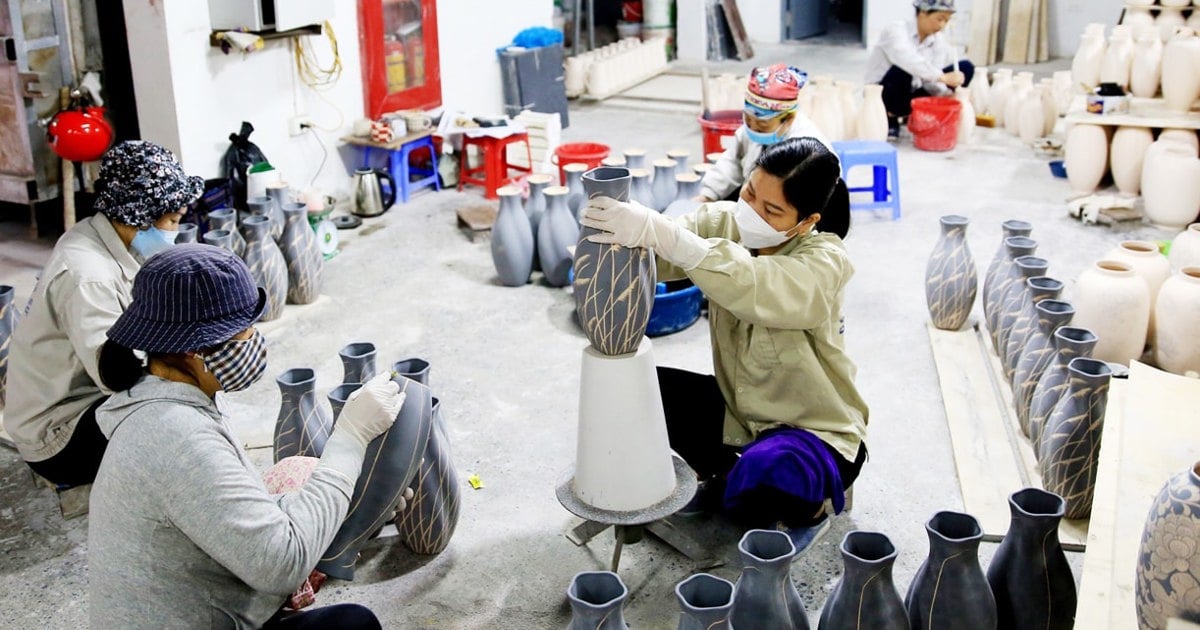

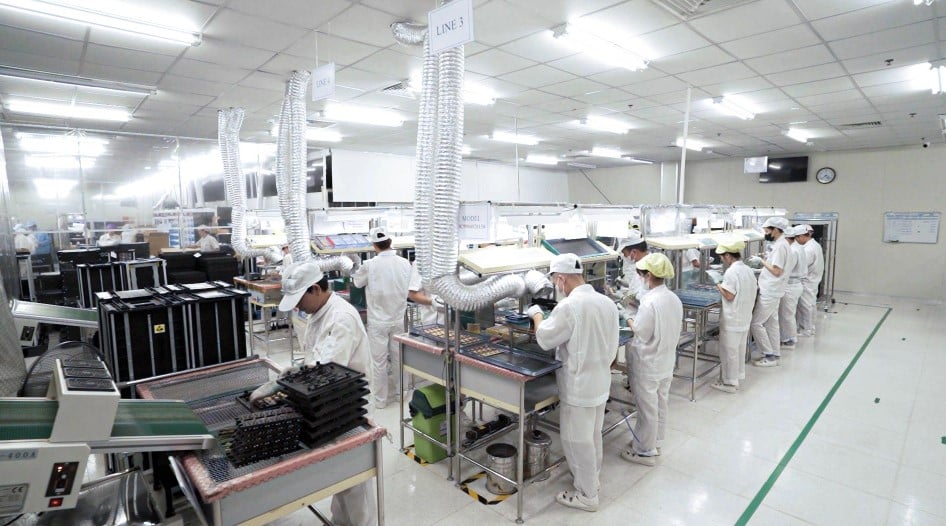
Comment (0)